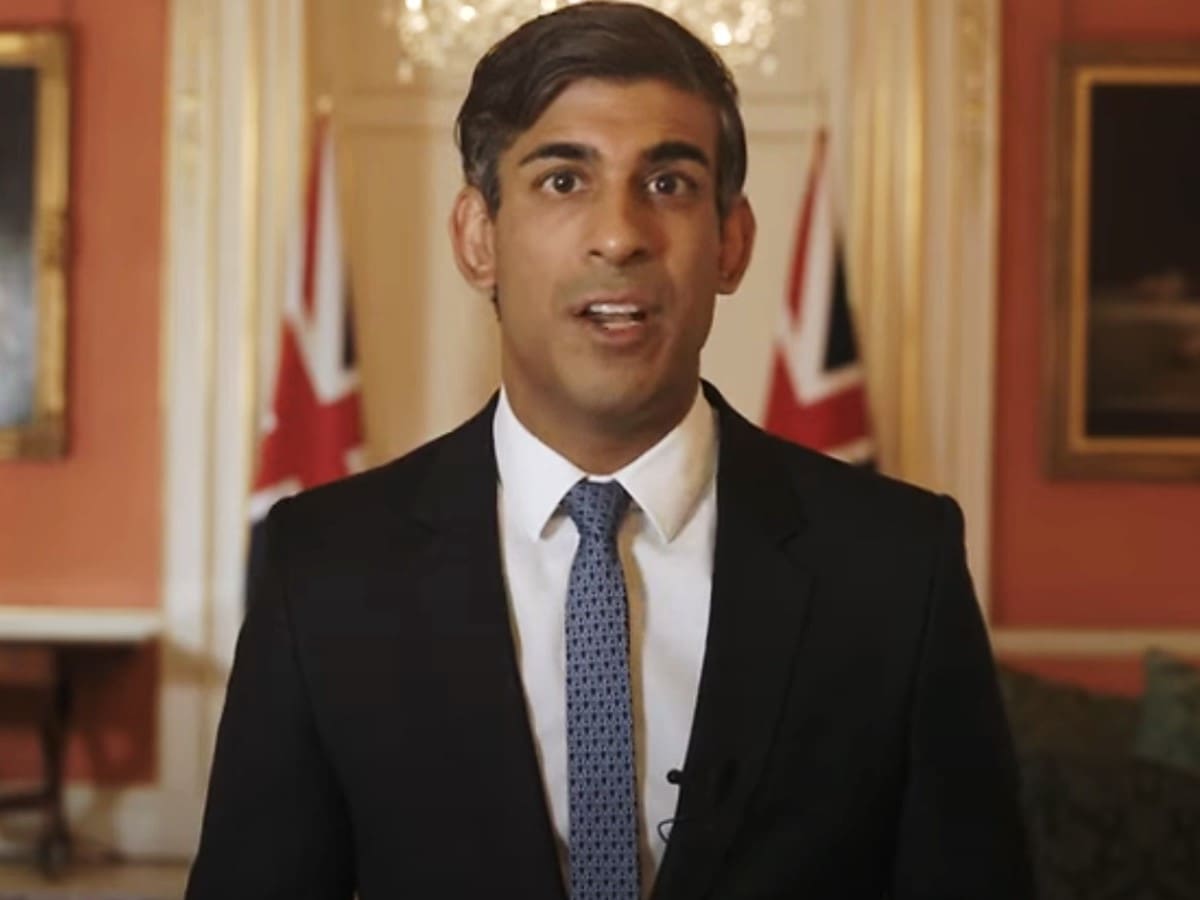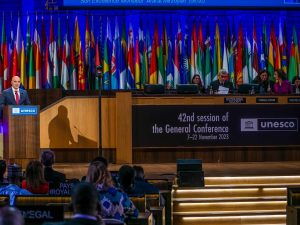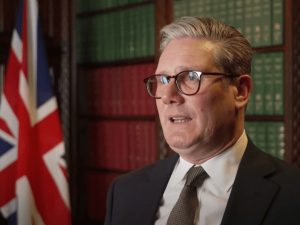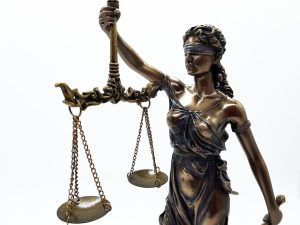Rishi Sunak has been slammed over his plans to criminalise homeless people and rough sleeping – as new figures show just what he could be doing instead to save people’s lives.
Rough sleeping: Sunak does NOT have the answer
With at least 309,000 homeless people in the UK, which is estimated to rise by 14% within a year, addiction rehabilitation experts at Rehabs UK have highlighted the concerning relationship between homelessness and drug-related deaths.
Their recent report shows that:
-
Reducing homelessness by 25% could save over 160 lives lost to opioids in the UK every year.
-
Reducing homelessness by 10% would still save more than 65 lives a year from opioid-related deaths, and over 1,000 from alcohol-related deaths.
-
Homelessness is known to increase the risk of addiction – government data shows that 30% of opiate users had housing problems.
There is a known relationship between homelessness and alcohol abuse, with many long-term rough sleepers suffering from alcohol and drug issues. In 2021 there were nearly 21,000 deaths related to alcohol in the UK, and Rehabs UK’s calculations show that if homelessness is decreased by 25%, these deaths would be reduced by nearly 14% – saving 2,920 lives each year.
Disgraceful new laws
Despite promises to repeal the antiquated Vagrancy Act back in April 2022, Rishi Sunak is now facing criticism over plans to criminalise rough sleepers.
The proposed new Criminal Justice Bill will not just replace the 200-year-old law, but give the police new powers which include a fine up to £2,500 and even imprisonment. At the same time, the US Supreme Court is discussing a ban on sleeping in public.
Campaigners state that criminalising will only further the homelessness crisis, and are calling for increased investment in social housing.
Recent reports show that thousands of NHS patients with serious conditions are being discharged from hospitals into homelessness. Lester Morse, director of Rehabs UK, paints a similar picture of the government’s approach to addiction services for those experiencing homelessness:
Spending huge amounts of funding on a very low level of services won’t help many, if any. Investing in actual recovery programs where people are given a period away from those harsh trigger situations they’re entrenched in, gives them time to thaw out and adjust back to normal living.
Expecting someone to change when they have nowhere to live, because you gave them pharmaceutical scripted drugs won’t change much, if anything, apart from the rise in the death count.
Rough sleeping should not be criminalised
Morse continues:
Many people on the streets are lonely and feel no hope. They take drugs or drink alcohol to achieve the desired comatose effect to lessen the hopelessness.
Sam (identity changed for privacy), who has experienced homelessness and addiction, speaks of their experiences:
The bite of the cold winter temperatures that cuts into your lower back as you try to get warm in the fetal position is tormenting.
The cold you feel on your toes and the sores on your feet are tormenting, the feeling of hard concrete on your hip is tormenting, the look of yourself in the McDonald’s toilet mirror, as you wash your face, if you wash your face, is soul destroying.
The knowledge that the coming day holds nothing for you, apart from the hope that you can get enough to blot out your miserable existence is pitiful. Rehab saved my life in 2015 and helped me rebuild it. Without it I would have died.
If you or someone you know is struggling with addiction, Rehabs UK is here to help. Rehabs UK is committed to continuing to support those battling alcoholism, drug addictions and behavioural addictions. To access free assessments with trained treatment advisors, contact Rehabs UK.
Featured image via 10 Downing Street – YouTube




